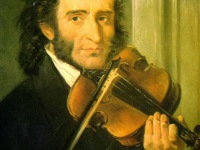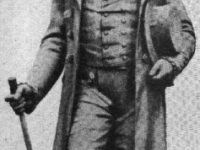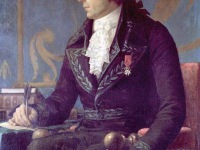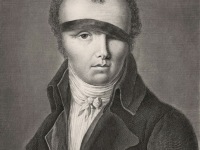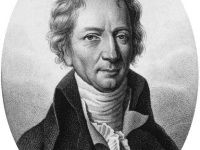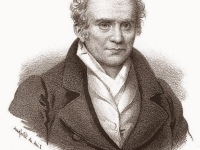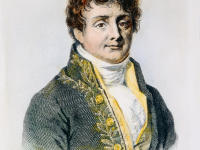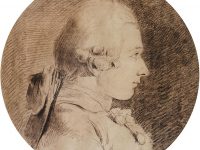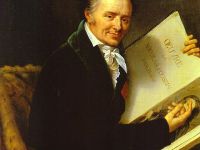Niccoló Paganini – the Devil’s Violinist
On May 27, 1840, Italian violinist and composer Niccolo Paganini passed away. He was the most celebrated violin virtuoso of his time, and left his mark as one of the pillars of modern violin technique. “Some creatures are completely demonic, in some parts of it are effective. […] Among artists it is found more in musicians, less in painters. In Paganini it shows itself to a high degree, which is why he produces such…
Read more

